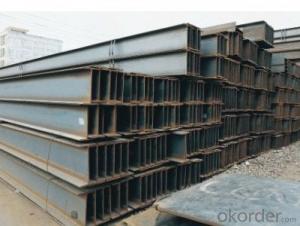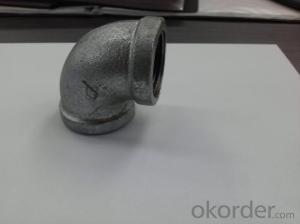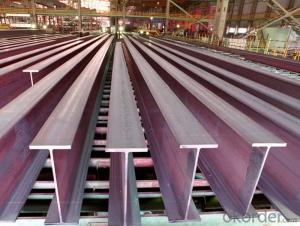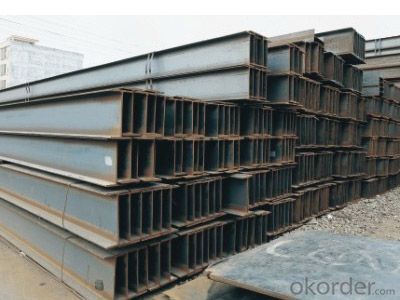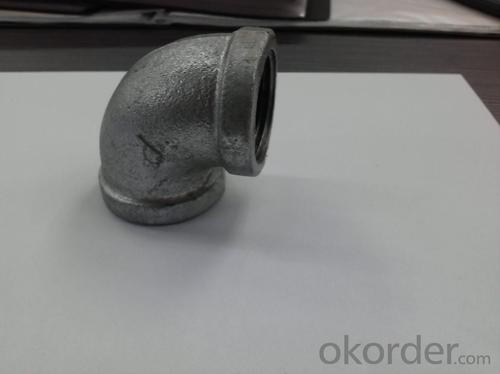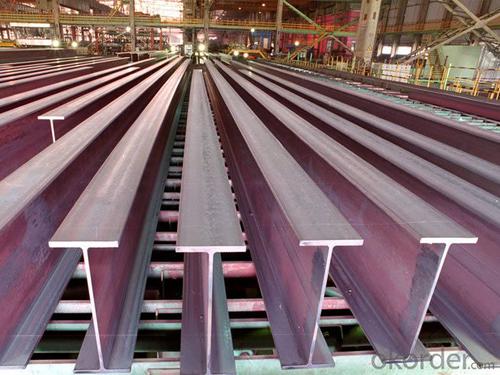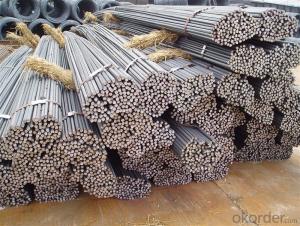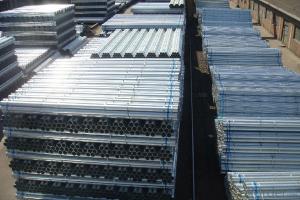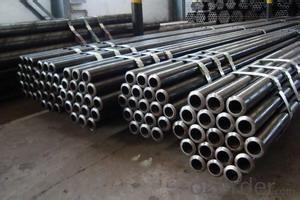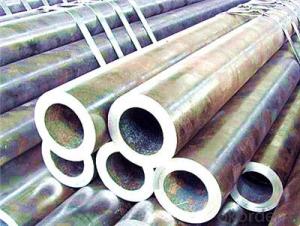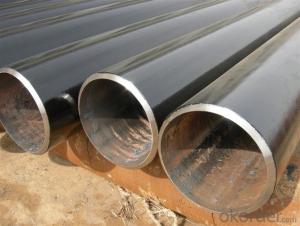Maanshan Steel Pipe Made in China with High Quality
- Loading Port:
- Tianjin
- Payment Terms:
- TT OR LC
- Min Order Qty:
- 100 PCS
- Supply Capability:
- 1000 PCS/month
OKorder Service Pledge
OKorder Financial Service
You Might Also Like
1.Packaging & Delivery
Packaging Detail: | Part Name:Malleable Cast Iron Pipe Fitting Brand Name:Fengyuan Malleable Cast Iron Pipe Fitting Model No.:Fyzz0030 QTY Of Each Carton: 65 Pieces (According To The Weight and Volume Of Many Kinds Of Products)Weight:28KG (Various Types May Get Different Weights) Size:68*48*30mm CBM:0.1Stere Per Carton H.S Code:8708949090 (Various Parts Get Different Codes) Parts Or Not:Spare Parts Container Information:40 Or 20 Inch Container (According To The Require Of Customer) Pallet Or Not:All Parts Pallet-Load According |
Delivery Detail: | For Samples:7-10Days;For Mass Production:10-20 Days |
2.Specifications
malleable cast iron pipe fitting
1.casting part
2.malleable cast iron pipe fitting
3.annual casting 550000MT
4.ISO9001:2008
3.Product information:
Brand Name | Malleable Cast Iron Pipe Fitting |
Material | Standard material according to technical drawing, like Stainless steel, Alloy steel, Carbon steel, Aluminum etc |
Material Standard | We could produce as your requirements |
Quality control | ISO9001:2008 control |
QC System | 100% inspection before shipment |
Applied Software for Specification drawings | JPEG, PDF, CAD, IGS Accepted |
Precision machining | CNC machining, milling machine, drilling machine, numerical lathe, all types of lathe |
Payment Terms | L/C,D/A,D/P,T/T,Western Union,MoneyGram.Various options to make payment more convenient |
Surface Treatment | polishing, sand blasting, heat treatment, painting, powder coating, anodizing,electroplating, mirror polishing |
Our services | CNC Machining, Turning, Milling, Stamping, Casting, finish,packing. |
Application | Valves, auto parts, motorcycle parts, metal products for daily use, plumbing pipe fittings |
Product's Design And Products Assembly | As per client's drawing or sample , besides we are also experienced in products assembly. |
Competitive advantage | 1. Small quantity order acceptable. 2. Very tight tolerance. 3. Advanced equipment, excellent R&D teams 4. Strict quality control system. 5. Professional technics and rich experience 6. Packaging details as client required |
Main Products | machining parts, stamping parts,casting parts |
R&D | We have professional engineers and technical workers who are specialized in developing new products . Professional tooling development & process & design,At least 60 kinds of new parts are developed according to customer's drawings each year. |
Customized Service | Able to produce according to specification with technical drawing .Also, we can design for you |
4.Malleable Cast Iron Pipe Fitting Equipment display:
Process Facilities | Quantity |
CNC Machine | 15sets |
Lathe Machine | 5 sets |
Instrument lathe | 28 sets |
Centerless Grinding Machine | 1 set |
Surface Grinding Machine | 2 sets |
Drilling Machine | 3 sets |
Milling Machine | 3 sets |
Drilling And Milling Machine | 2 sets |
Tapping Machine | 14 sets |
Punching Machine | 10 sets |
Four Column Hydraulic Press | 1 set |
Digital Electronic Ac Arc Welder | 2 sets |
Hanging Type Cleaning Machine | 1 set |
Horizontal cold chamber die casting machine | 2 sets |
Aluminum alloy die casting machine | 5 sets |
5.Malleable Cast Iron Pipe Fitting Testing Equipments:
equipment | Quantity |
Micrometer | 1 set |
Height gage | 1 set |
Two meters vernier caliper | 1 set |
General gage | 100 sets |
Two dimensional imaging instrument | 1 set |
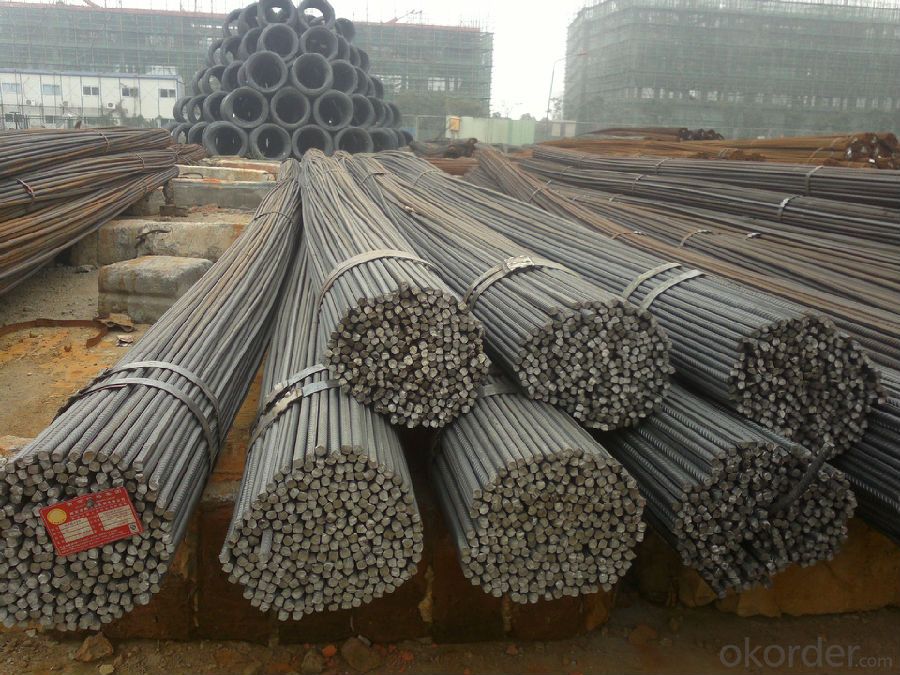
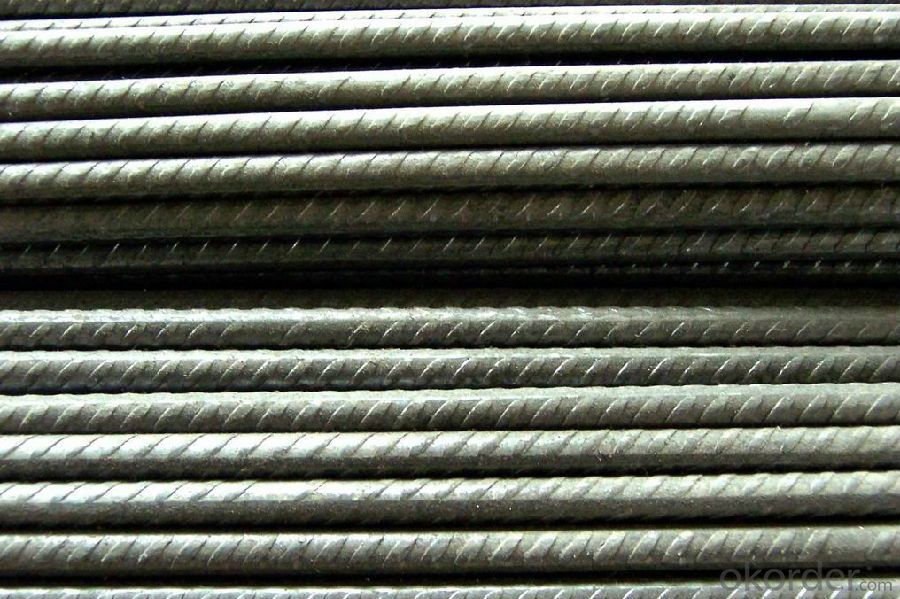
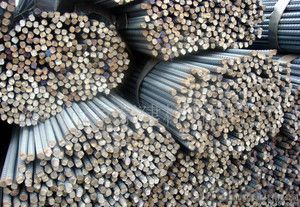
- Q: Can steel pipes be used for stadium construction?
- Yes, steel pipes can be used for stadium construction. Steel pipes offer several advantages that make them suitable for this purpose. Firstly, steel pipes are strong and durable, making them capable of withstanding heavy loads and providing structural stability to large structures like stadiums. They have high tensile strength, which means they can resist bending or breaking under pressure. Additionally, steel pipes are resistant to corrosion, which is crucial for outdoor structures like stadiums that are exposed to various weather conditions. Their resistance to rust and other forms of degradation ensures the longevity of the stadium. Furthermore, steel pipes are versatile and can be easily fabricated into different shapes and sizes, allowing for customized designs and efficient installation. Moreover, steel pipes offer cost-effectiveness in stadium construction. They can be easily produced in large quantities, making them readily available and affordable. The ease of transportation and installation of steel pipes also contributes to their cost-effectiveness. Another advantage of using steel pipes for stadium construction is their sustainability. Steel is a recyclable material, and using steel pipes promotes environmental responsibility. The recyclability of steel reduces the demand for new materials and minimizes waste. In summary, steel pipes can indeed be used for stadium construction due to their strength, durability, resistance to corrosion, versatility, cost-effectiveness, and sustainability.
- Q: Can steel pipes be used for swimming pool installations?
- Yes, steel pipes can be used for swimming pool installations. Steel pipes are commonly used for plumbing systems and can be appropriate for swimming pool installations due to their durability and resistance to corrosion. However, it is important to ensure that the steel pipes are properly coated or treated to prevent rusting and deterioration in a pool environment. Additionally, other factors such as water pressure and compatibility with other pool equipment should also be considered.
- Q: How are steel pipes protected against external corrosion in coastal areas?
- Steel pipes are protected against external corrosion in coastal areas through a combination of coating and cathodic protection measures. One of the most common methods used is the application of a protective coating on the surface of the steel pipe. This coating acts as a barrier between the steel surface and the corrosive elements present in the coastal environment, such as saltwater and humidity. The coating is typically made of materials like epoxy or polyethylene, which are resistant to corrosion and provide a long-lasting protective layer. In addition to coating, cathodic protection is also employed to further safeguard the steel pipes from corrosion. Cathodic protection involves the use of sacrificial anodes or impressed current to prevent the corrosion of the steel. Sacrificial anodes are made of more reactive metals, such as zinc or aluminum, which are attached to the steel pipe. These anodes corrode instead of the steel, sacrificing themselves to protect the steel surface. Impressed current systems, on the other hand, use an external power source to provide a protective current to the steel, preventing corrosion. Regular inspection and maintenance of the protective coating and cathodic protection system are crucial to ensure their effectiveness. Coatings may deteriorate over time due to wear and tear, requiring periodic inspection and reapplication if necessary. Similarly, sacrificial anodes need to be replaced when they are depleted, and impressed current systems require monitoring and adjustment to maintain the desired level of protection. Overall, by combining effective coating techniques with cathodic protection measures, steel pipes in coastal areas can be adequately protected against external corrosion, ensuring their longevity and optimal performance.
- Q: How do you select the right size of steel pipe for a project?
- To select the right size of steel pipe for a project, one must consider factors such as the intended purpose, the flow rate or pressure requirements, the material being transported, and any applicable building codes or regulations. Consulting engineering specifications, pipe size charts, and professional advice can help in determining the appropriate size that will meet the project's requirements and ensure optimal performance and safety.
- Q: How are steel pipes used in the manufacturing of offshore wind turbines?
- Steel pipes are used in the manufacturing of offshore wind turbines for various purposes such as the foundation, tower, and substructure. These pipes provide structural support and stability to the turbine, ensuring its ability to withstand harsh offshore conditions and strong winds. Additionally, steel pipes are used to transport electrical cables, allowing the turbines to generate and transmit electricity efficiently.
- Q: How are steel pipes used in wastewater treatment plants?
- Steel pipes are commonly used in wastewater treatment plants for various purposes such as conveying wastewater, transporting chemicals, and managing water flow. They are used to transport wastewater from different treatment stages, ensuring efficient movement within the plant. Additionally, steel pipes are used to transport chemicals, such as disinfectants or coagulants, which are necessary for treating the wastewater. They also play a crucial role in managing water flow, helping to control the movement and distribution of wastewater throughout the treatment process. Overall, steel pipes are essential components in wastewater treatment plants, facilitating the movement and treatment of wastewater efficiently.
- Q: How do you calculate the pipe pressure drop coefficient for steel pipes?
- To calculate the pipe pressure drop coefficient for steel pipes, you can use the Darcy-Weisbach equation. This equation relates the pressure drop in a pipe to various factors such as the flow rate, pipe diameter, pipe length, and the properties of the fluid being transported. The pressure drop coefficient, also known as the friction factor or the Darcy-Weisbach friction factor, is denoted by the symbol f. It is a dimensionless parameter that represents the resistance to flow in the pipe. The value of f depends on the flow regime, which can be laminar or turbulent. For laminar flow, which occurs at low flow rates or with viscous fluids, the pressure drop coefficient can be calculated using the Hagen-Poiseuille equation. This equation relates the pressure drop to the fluid viscosity, pipe length, pipe diameter, and flow rate. However, for turbulent flow, which occurs at higher flow rates, the calculation of the pressure drop coefficient is more complex. It depends on the roughness of the pipe wall, which affects the flow resistance. The roughness is typically quantified using the relative roughness, which is the ratio of the pipe wall roughness to the pipe diameter. To calculate the pressure drop coefficient for turbulent flow in steel pipes, you can use empirical correlations or Moody's diagram. Moody's diagram provides a graphical representation of the friction factor as a function of the Reynolds number and the relative roughness. The Reynolds number represents the flow regime and is calculated using the fluid properties, flow rate, and pipe dimensions. By finding the intersection of the Reynolds number and relative roughness on Moody's diagram, you can determine the corresponding pressure drop coefficient. It's important to note that the pressure drop coefficient for steel pipes may vary depending on the specific pipe dimensions, surface roughness, and fluid properties. Therefore, it is recommended to consult relevant standards or engineering references for accurate and up-to-date values of the pressure drop coefficient for steel pipes in your specific application.
- Q: How are steel tubes represented?
- If it is seamless steel pipe, welded steel pipe, the method of expression is: nominal diameter refers to the outer diameter (diameter * wall thickness). The unit is mm. [for example, seamless steel tubes of phi 32 * 3. It means that the nominal diameter (outside diameter) is seamless steel pipe of phi 32mm and wall thickness 3mm.
- Q: What are the different wall thicknesses available for steel pipes?
- Steel pipes are available in various wall thicknesses to meet specific requirements and applications. Different schedules indicate the wall thickness. The most commonly used wall thicknesses for steel pipes are Schedule 40, Schedule 80, and Schedule 160. Schedule 40 pipes have a medium wall thickness and are commonly used for general-purpose applications, like conveying fluids and gases. They are suitable for low-pressure systems and widely used in plumbing, HVAC, and irrigation systems. Schedule 80 pipes have a thicker wall compared to Schedule 40 and are designed for high-pressure applications. They are commonly used in industrial settings, oil and gas pipelines, and high-pressure fluid transport systems. The increased wall thickness ensures higher strength and durability to withstand pressure. Schedule 160 pipes have the thickest wall among the available options. They are designed for extremely high-pressure applications, such as refineries, chemical plants, and power generation facilities. These pipes offer exceptional strength and can handle intense pressure and stress in industrial environments. In addition to standard schedules, there are other wall thicknesses available for specific purposes. For instance, extra-strong (XS) pipes have a thicker wall than Schedule 80 pipes and are used for applications requiring even higher pressure resistance. It is crucial to consult professionals or refer to industry standards to determine the appropriate wall thickness for a specific application. Factors like fluid or gas pressure, temperature, and environmental conditions should be considered when selecting the suitable steel pipe with the desired wall thickness.
- Q: How are steel pipes used in the manufacturing of furniture?
- Steel pipes are commonly used in the manufacturing of furniture to provide structural support and stability. They are often used as the framework for chairs, tables, and other pieces of furniture. Steel pipes are strong, durable, and can be easily manipulated and welded to create various designs and shapes. Additionally, steel pipes can be finished with different coatings or paints to enhance their appearance and protect against corrosion.
Send your message to us
Maanshan Steel Pipe Made in China with High Quality
- Loading Port:
- Tianjin
- Payment Terms:
- TT OR LC
- Min Order Qty:
- 100 PCS
- Supply Capability:
- 1000 PCS/month
OKorder Service Pledge
OKorder Financial Service
Similar products
Hot products
Hot Searches
Related keywords
